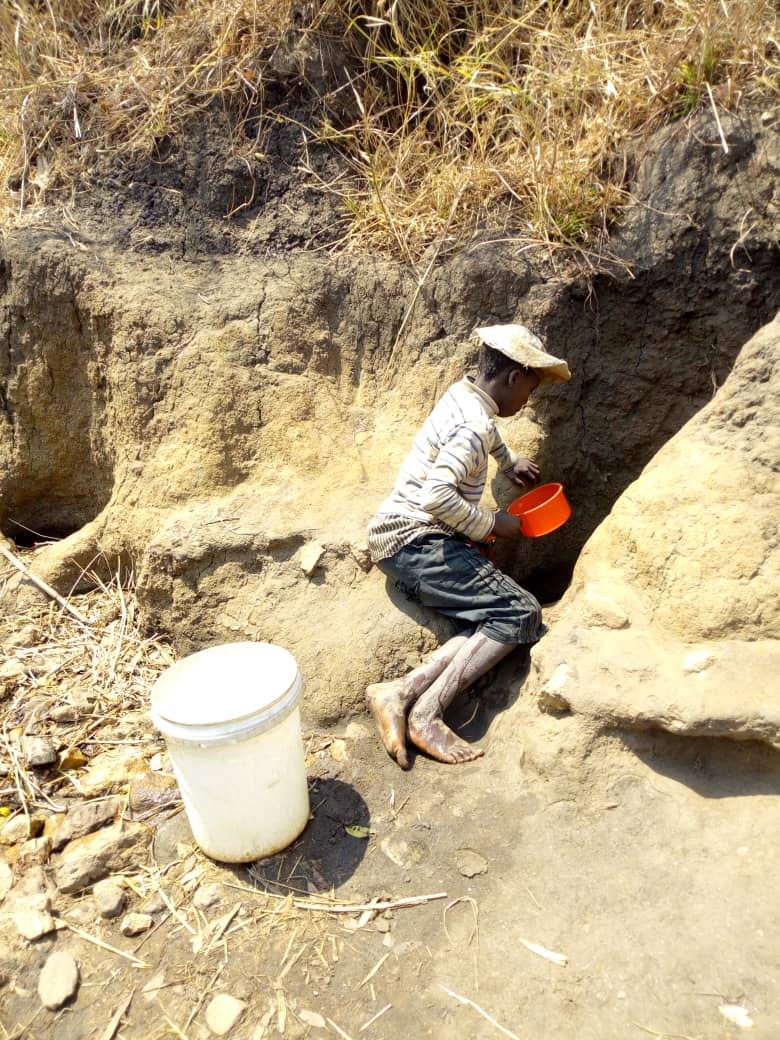Malawi Struggles to Meet Human Rights Obligations, HRMI Study Reveals
HRMI study shows Malawi falling short of human rights obligations, long road ahead.
A study conducted by the Human Rights Measurement Initiative (HRMI) has exposed the challenges faced by Malawi in fulfilling its Quality of Life rights. The study indicates that the country is falling short of its potential, with low scores highlighting a long road ahead to meet its human rights obligations.
LILONGWE, Malawi -A new study by the Human Rights Measurement Initiative (HRMI) has found that Malawi's Quality of Life scores are low, indicating that the country is not meeting its human rights obligations, writes Winston Mwale.
The study, which was conducted in 2020, looked at how effectively Malawi was utilising its available resources to ensure essential rights in areas such as food, health, education, housing, and work.
HRMI's findings showed that Malawi received a Quality of Life score of 59.5% when measured against the income-adjusted benchmark.
This means that the country is only accomplishing 59.5% of what is currently possible with its available resources.
Thalia Kehoe Rowden, a spokesperson for the Human Rights Measurement Initiative (HRMI), said that the organization's Quality of Life scores measure how well a country is converting its resources into good outcomes for its people.
The scores take into account a country's income, she said.
Rowden said that Malawi's Quality of Life scores are generally very low, indicating that successive governments have not met their human rights obligations to their people.
“Many of Malawi's Quality of Life scores fall in the 'very bad' range. This means that Malawi has a very long way to go to meet its basic human rights obligations,” she said.
“Malawi has the financial resources to do much better. The 100% mark is what we calculate Malawi could achieve right now, at its current level of income. Every score that is below 100% reveals potential to do better, right now.”
The HRMI spokesperson said Malawi is doing well in terms of child health and reproductive health, but it needs more resources to make further improvements.
“Malawi's scores for the rights to water and basic sanitation are in the 'very bad' range, which means that many millions of people are suffering unnecessarily when the country could afford to be ensuring better living conditions,” she said.
This dire situation implies that millions of people in the country are needlessly suffering, despite the country's ability to afford better living conditions.
As HRMI continues its efforts to measure human rights globally, the study's results serve as a call to action for Malawi.
Meanwhile, Malawi government spokesperson Moses Kunkuyu said the report validates what the government already knows about the welfare of the people in Malawi.
He said the report's findings are not far from the poverty level at the national level as estimated in the MIP-1 First Progress Report of 2022.
However, the government is working to change the situation through various interventions, he said.
Kunkuyu said several interventions are being championed under the MW 2063 First 10-Year Implementation Plan, and these are being implemented by various stakeholders.
According to Minister Kunkuyu, these include what he called ‘tremendous’ improvements in water and sanitation WASH service provision.
"Tremendous improvement has been registered in water and sanitation WASH service provision, with over 87% of the population using safe drinking water," Kunkuyu said.
The minister also said there has been a reduction in HIV/AIDS in the country.
"Malawi being the best in the region. The number of HIV infections per 1000 uninfected populations across all ages reduced from 1.58 in 2020 to 1.3 in 2021; and the number of new HIV infections per 1000 uninfected populations of the ages between 15 to 49 years reduced from 0.28 in 2020 to 0.19 in 2021," Kunkuyu said.
Kunkuyu said other government measures currently being implemented include:
Compulsory 12-year education.
Universal access to health services, both curative and preventive.
Informal skills development is being promoted among the youth and women, which will be offered for free and other courses at very low costs.
On improving decent work, the government is working in ensure that there is access to decent work in both formal and informal sectors, TEVETA Is at the forefront of carrying out that initiative.
On an effort to improve access to food, government continues to implement Agriculture Input Programme, and reforming ADMARC so that it becomes commercial and improves access to food even in the rural areas; the provision of the social protection programmes that include social cash transfer, public works programmes and village saving and loans are also part of this important effort.
The HRMI study is the first comprehensive assessment of Malawi's human rights performance.
Key points:
Malawi's Quality of Life scores are low, indicating that the country is not meeting its human rights obligations.
Malawi's scores are particularly low for the rights to water and basic sanitation.
Malawi has the financial resources to improve its Quality of Life scores.
(You can download the Human Rights Report for Malawi below.)





A quotation was Malawi has enough financial resources to fix the things that are lacking. I thought that ridiculous. Malawi can do better but it is a very poor country. It needs external assistance.